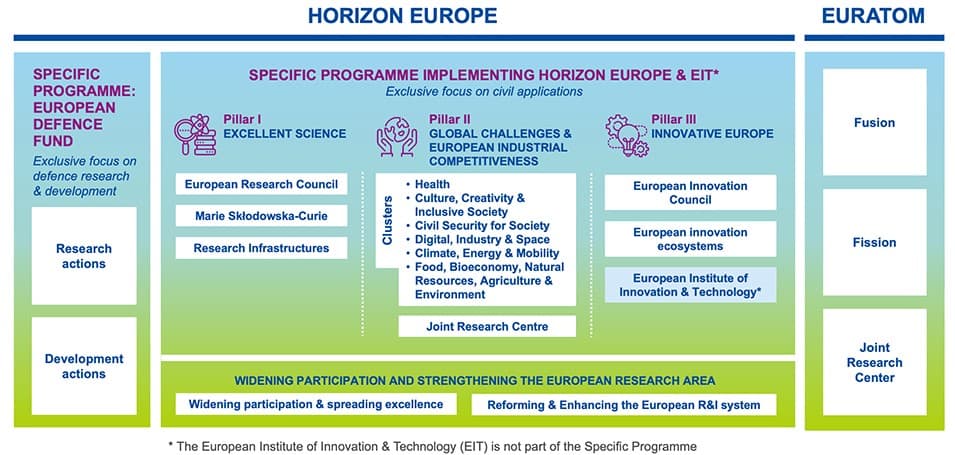 This morning, in Coventry, while having an n-th cup of tea after a very early morning run (light comes early at this time of the year!), I spotted an intriguing title in the arXivals of the day, by Zachary Lipton and Jacob Steinhard. Addressing the academic shortcomings of machine learning papers. While I first thought little of the attempt to address poor scholarship in the machine learning literature, I read it with growing interest and, although I am pessimistic at the chances of inverting the trend, considering the relentless pace and massive production of the community, I consider the exercise worth conducting, if only to launch a debate on the excesses found in the literature.
This morning, in Coventry, while having an n-th cup of tea after a very early morning run (light comes early at this time of the year!), I spotted an intriguing title in the arXivals of the day, by Zachary Lipton and Jacob Steinhard. Addressing the academic shortcomings of machine learning papers. While I first thought little of the attempt to address poor scholarship in the machine learning literature, I read it with growing interest and, although I am pessimistic at the chances of inverting the trend, considering the relentless pace and massive production of the community, I consider the exercise worth conducting, if only to launch a debate on the excesses found in the literature.
“…desirable characteristics: (i) provide intuition to aid the reader’s understanding, but clearly distinguish it from stronger conclusions supported by evidence; (ii) describe empirical investigations that consider and rule out alternative hypotheses; (iii) make clear the relationship between theoretical analysis and intuitive or empirical claims; and (iv) use language to empower the reader, choosing terminology to avoid misleading or unproven connotations, collisions with other definitions, or conflation with other related but distinct concepts”
The points made by the authors are (p.1)
- Failure to distinguish between explanation and speculation
- Failure to identify the sources of empirical gains
- Mathiness
- Misuse of language
Again, I had misgiving about point 3., but this is not an anti-maths argument, rather about the recourse to vaguely connected or oversold mathematical results as a way to support a method.
Most interestingly (and living dangerously!), the authors select specific papers to illustrate their point, picking from well-established authors and from their own papers, rather than from junior authors. And also include counter-examples of papers going the(ir) right way. Among the recommendations for emerging from the morass of poor scholarship papers, they suggest favouring critical writing and retrospective surveys (provided authors can be found for these!). And mention open reviews before I can mention these myself. One would think that published anonymous reviews are a step in the right direction, I would actually say that this should be the norm (plus or minus anonymity) for all journals or successors of journals (PCis coming strongly to mind). But requiring more work from the referees implies rewards for said referees, as done in some biology and hydrology journals I refereed for (and PCIs of course).


 When
When  This morning, in Coventry, while having an n-th cup of tea after a very early morning run (light comes early at this time of the year!), I spotted an
This morning, in Coventry, while having an n-th cup of tea after a very early morning run (light comes early at this time of the year!), I spotted an 